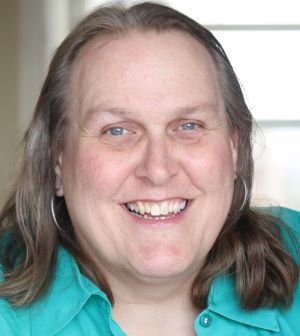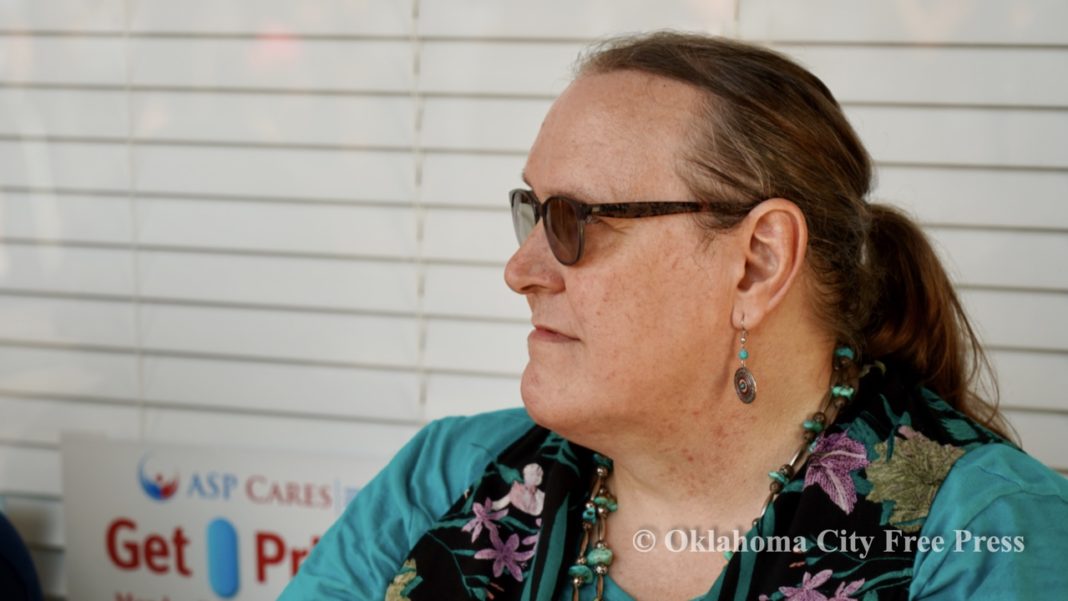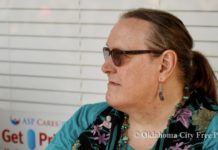Last Updated on January 5, 2024, 12:56 AM | Published: September 17, 2021
Paula Sophia Schonauer, LCSW, continues a serial memoir. If you haven’t read the earlier parts of this series, follow the links at the bottom of this page.
“Everyone loves a hero, especially a dead one.”
Poem by Paula Sophia, The Highest Price
Before Achilles dies a heroic death, he has a different life, a life one would not expect of a legendary warrior. Thetis, a sea nymph or goddess of water, is the mother of Achilles, and she is aware of a prophecy that foretells an early death for her son should he fight in the Trojan War. Thetis takes precautionary measures to dispel the prophecy, dipping Achilles headfirst in the River Styx, holding him by his heel, which renders him impervious to injury except by wounding his heel. Another measure Thetis takes is to transform Achilles into a maiden, taking him to the Court of King Lycomedes, who is famous for fostering beautiful girls. Thetis tells Lycomedes Achilles has been trained as an Amazon and needs to be refined with feminine qualities to attract a husband.
I first read this story in Edith Hamilton’s Mythology when I was in 5th or 6th grade, and I envied Achilles for getting to be a girl, if only for a while. Of course, Odysseus and Diomedes trick Achilles into revealing himself when they disguise themselves as merchants selling their wares in Scyros. While all the other maidens gravitate to the tables with perfume, cosmetics, and jewelry, Achilles goes to the table with weapons, armor, and shields. He brandishes a sword and reveals his true nature. Upon doing so, he embraces his destiny and begins his journey toward glory and early death, achieving immortality, perhaps, but only through reputation as a legendary hero.
As mythology tends to do, this story became a model for my life. My fight with Tommy gave me a taste of power, and through this power, I began to aspire to heroism. I wanted to be larger than life, or at least, someone of unquestioned masculinity. I imagined an early death, understanding it is better to die and be remembered fondly than old and full of corrupting secrets.

Even so, I could not help wondering about Achilles. What would it have been like had he lived a long, peaceful life? Would he have continued to live as a woman? These musings made me long for peace and femininity, but it seemed impossible. How could I have love if I were to become a woman, and without love, how can one have peace? Thus, the birth of a duality in my psyche, one that has vexed me my entire life.
It was not hard to find reinforcement for my aspirations.
As the United States began to grapple with the ramifications of the Vietnam War and its inglorious end, there was a profusion of movies, books, and magazine stories about men denied the honor their fathers had received from victory in World War II. Vietnam veterans had received tepid and hostile homecomings, and they had a crisis of faith in the United States government after the ignoble Fall of Saigon. Men in my own family shook their heads wondering why they had shed blood and watched their brother warriors die on hills, in swamps, in villages and cities all over Vietnam, only to see their efforts go to waste, crying as sailors pushed helicopters off aircraft carriers into the South China Sea.
According to James William Gibson in his book Warrior Dreams, Violence and Manhood in Post-Vietnam America, the culture in the United States shifted toward grievance and vengeance, a declaration against the government, which had disallowed victory because of petty politics and empty posturing. Movie after movie featured maverick antiheroes who lived by their own codes with a disdain for weakness, bureaucracy, and blind allegiance to faithless leaders. Some of these anti-heroic stories created a new mythology, and we still know their names 40 to 50 years later: Harry Callahan portrayed by Clint Eastwood (Dirty Harry, 1971), Paul Kersey portrayed by Charles Bronson (Death Wish, 1974), John Rambo portrayed by Sylvester Stallone (First Blood, 1982), and William Wallace portrayed by Mel Gibson (Braveheart, 1995), and many more.
Curiously, these movies showed men dissociated from women and femininity by dedication to vigilantism and/or war or through the unjust death of spouses and loved ones, granting them full pardon to commit horrible acts of violence upon perceived perpetrators and those who tolerate them. These movies made violence seem transformative, heroic, and spiritual, and I wanted some of that kind of recognition, peer acceptance, and, perhaps, legend. Most of all, I wanted to be a warrior for Christ, fighting and dying for God and Country, not the country of duplicitous Washington politics, but the real America founded and fought for by real men, heroic men, men of God.
One movie captured my imagination more than others did: Rocky, the boxing epic starring Sylvester Stallone. The movie won an Oscar for Best Picture, launching a franchise of movies that exists to this day. I find it interesting, now, that the principal antagonist is a black man who represents the United States with his American flag boxing shorts, that he seems to be the embodiment of tyranny and power that had been vexing white men for nearly two decades, that he was the New America in the Year of the Bicentennial. Rocky, this underestimated pug, worn down and undignified, stooping to the loan shark business, eventually steps into the ring with Apollo Creed, and gives him the beating of his life.
Throughout the fight, Rocky wins over the crowd, transforms from a street fighter into a hero, winning his love and honor even as he loses the fight in a deplorable split decision. I cried when I first saw that movie in the Fall of 1976, and I still cry when I watch it again and again to this day, reliving a fight that helped me win honor in my neighborhood, an affirmation from my father, and a vision of manhood that appeased my gender dysphoria.
Honesty, though, I was never very good at compartmentalizing my life. I would go back and forth in a dance of ambivalence, not sure who I was, marching through a desert of identity with a banner of masculinity blazing before me, kind of like the Hebrews following a pillar of cloud and fire.
Inevitably, I would wonder about Achilles, who he might have been had he not gone to war, and in time, I would learn about Achilles’ ambiguous portrayal in the Iliad, his devotion to Patroclus that goes beyond the affinity of brotherhood forged in combat. His queerness makes me sad because he had to get killed in combat to achieve honor, that he could not be at peace to be who he was and love whomever he would love.
I picked up the sword that day in Michael Doughty’s back yard, and I would wield it for decades thereafter, stumbling through life, trying to be a proper boy, a good man, hoping I would get a chance to gild myself in combat, submerged in death, emerging untarnished and protected. It did not matter whether I would achieve this status in death or in life, just so long as I had that miraculous transformation through righteous violence, heroic, and remembered well.
Author’s note: As I continue the saga of my life, I want to explore the enormous pressure I experienced to be sexually aggressive with girls and women. Book Two, coming up, will explore my journey through adolescence and young adulthood, a time when I had great empathy for girls and women but being compelled to see them and treat them as objects. Because I could not reconcile these demands to the satisfaction of my male peers, I often experienced exclusion from many formative male activities. Sometimes, when I did gain access, it was conditional upon my tolerance of questionable behaviors among my male cohort who often harassed me and tested my sexuality. It was a lonely time.
Here are previous segments:
- Manhood, from the inside out — Memoir and Mythology
- Part 2 — Cubby Hole
- Part 3 — Magic Carpet Cocoons
- Part 4 — Snips and Snails and Puppy-Dogs’ Tails
- Part 5 — Mirror
- Part 6 – Deep Water
- Part 7 – Limbo
- Part 8 – Dissociation
- Part 9 – Shame
- Part 10 – Judgement Day
- Part 11 – Inferno
- Part 12 – Haunted
- Part 13 – Did I say that?
- Part 14 – The end times
- Part 15 – Alone again (naturally)
- Part 16 – Welcome to Grey Town
- Part 17 — Stigma
- Part 18 — Turning the other cheek
- Part 19 — Malingering
- Part 20 — Rorschach
- Part 21 – Soft hands
- Part 22 — How real men talk
- Part 23 — Crash landing
- Part 24 — To make a fist
- Part 25 — To hurt another
- Part 26 — Showdown
- Part 27 — Savage aggression
Guest Columnist Paula Sophia is a licensed clinical social worker in Oklahoma City and a former Oklahoma City Police Officer.







